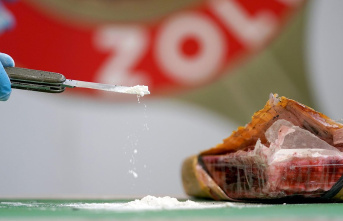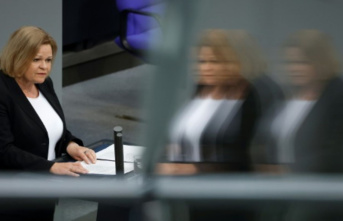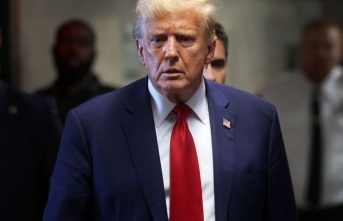What is considered a toy for young children in other countries is considered a subversive symbol in Thailand. Since 2020, yellow rubber ducks have been a sign of protest against the monarchy in the country. At that time, demonstrators - mainly young people - took to the streets against the head of state, King Maha Vajiralongkorn aka Rama X. With large rubber ducks, they tried to protect themselves against the water cannons that the police wanted to use to quell the protests.
The protests did not bring any major changes, and the king still rules with almost unlimited power. And any resistance will be severely punished - even those with rubber ducks. According to a report by Reuters news agency, a political activist has been convicted for publishing a satirical calendar in which the yellow ducks played a prominent role. He has to go to prison for two years.
In the case of the 26-year-old draftsman, the sentence was relatively mild because he had cooperated with the court. He was accused of having insulted the monarchy with his duck drawings.
Freedom of expression is severely restricted in Thailand. In particular, criticism of the king and the monarchy is prosecuted. According to the Thai constitution, the king is "sacrosanct and inviolable". Insults to majesty can be punished with imprisonment of up to 15 years per act. Human rights organizations point out that given the conditions in Thai prisons, such a sentence often amounts to a death sentence. For insulting foreign royalty or heads of state, the maximum penalty is seven years in prison.
Since the military coup in 2014, Thailand has had a military government that is extremely committed to protecting the king. The Southeast Asian country ranks as the richest monarchy in the world, King Maha Vajiralongkorn, who has been on the throne since 2016, still wields significant political clout. His father Bhumibol Adulyadej had ruled for 70 years before his death. The protest movement in 2020/21 called for reform of the monarchy and democratic rights for the population, but the demonstrations fizzled out without bringing about any real change. The reason may also be the more than 1,600 criminal proceedings initiated against activists. Parliamentary elections are due in Thailand in May, when unrest could break out again.
Sources: Reuters / "Süddeutsche Zeitung" / "Deutsche Welle"











